We caught up with NIDA Master of Fine Arts (Voice) student Amanda Stephens-Lee to speak about her experience in the course so far, as well as her future career plans.

Image by: Clare Hawley
1. Tell us a bit about yourself, what you were doing prior to studying NIDA’s MFA (Voice), and why/how you came to study here.
I’ve been an actor for the last twenty or so years, and for ten of those years, I lived in New York and London. I always thought when I came back to Australia, I’d do the Voice course here, but it wasn’t running when I arrived home. I jumped at the opportunity when I heard that the new MFA (Voice) course had been created. I was also very excited by the opportunity this course provides to go and teach in a drama school overseas, so the international reach of the course inspired me.
2. What drew you to a career in voice?
As an actor, I always have found that voice and speech work has been my way into a character – be it through accent or adapting my sound to best release the character. Also as an Acting teacher, I have found that the language and vocal use would be what I would focus on, so wanted to formalise my understanding of the subject. I also passionately believe that being able to effectively release our voice and to speak connected to the full release of the meaning of what we say, empowers us. I want to bring the empowering work of voice to enable more people to be able to speak their truth.
3. How are you finding the course so far? And what has been your favourite project to date?
It has been the most challenging thing I’ve ever done, and has stretched me to what I thought was my limit and taught me that I can still go further. I am loving being at the point of the course where everything I have learned is starting to synthesise in my mind and it has greatly increased my passion for this subject.
Our Teaching Resonance and Articulation project was a huge challenge, as we needed to firstly understand all the science behind the subject, then use that to help us articulate and develop our philosophy on how we are going to teach it, and then learn how to create a course outline from scratch. To conclude, we had to give a coherent lecture and presentation on everything we had done. Once I had completed that assignment and given the lecture, it was as though everything that I’d learned so far in the course suddenly came together in my mind.
4. What are your career plans after graduation?
Along with doing the course this year, I created Some Company, a production company devoted to telling stories that give voice to female-driven stories. In the midst of the year, we had our first production of the play Leaves, which played to excellent reviews and sell-out houses. I look forward to producing our next play and developing the voice coaching side of the company. I look forward to teaching voice to actors, corporate and community sectors, and balancing this with my work as an actor.
5. Are you working on any other exciting projects at the moment that you can share with us?
There are two projects I’m working on – one is the Teaching of Accents and Dialects and the other is my research project, Empowering Women through Voice. Both are exciting as they’re areas I know I will enjoy working in. Learning how to effectively breakdown an accent and then how to teach it in a coherent way has been fascinating. Also, researching and doing the workshops with my research participants has been wonderful and inspiring to see how working on breath, body and voice can make such a difference to the women’s ability to speak to be heard.

